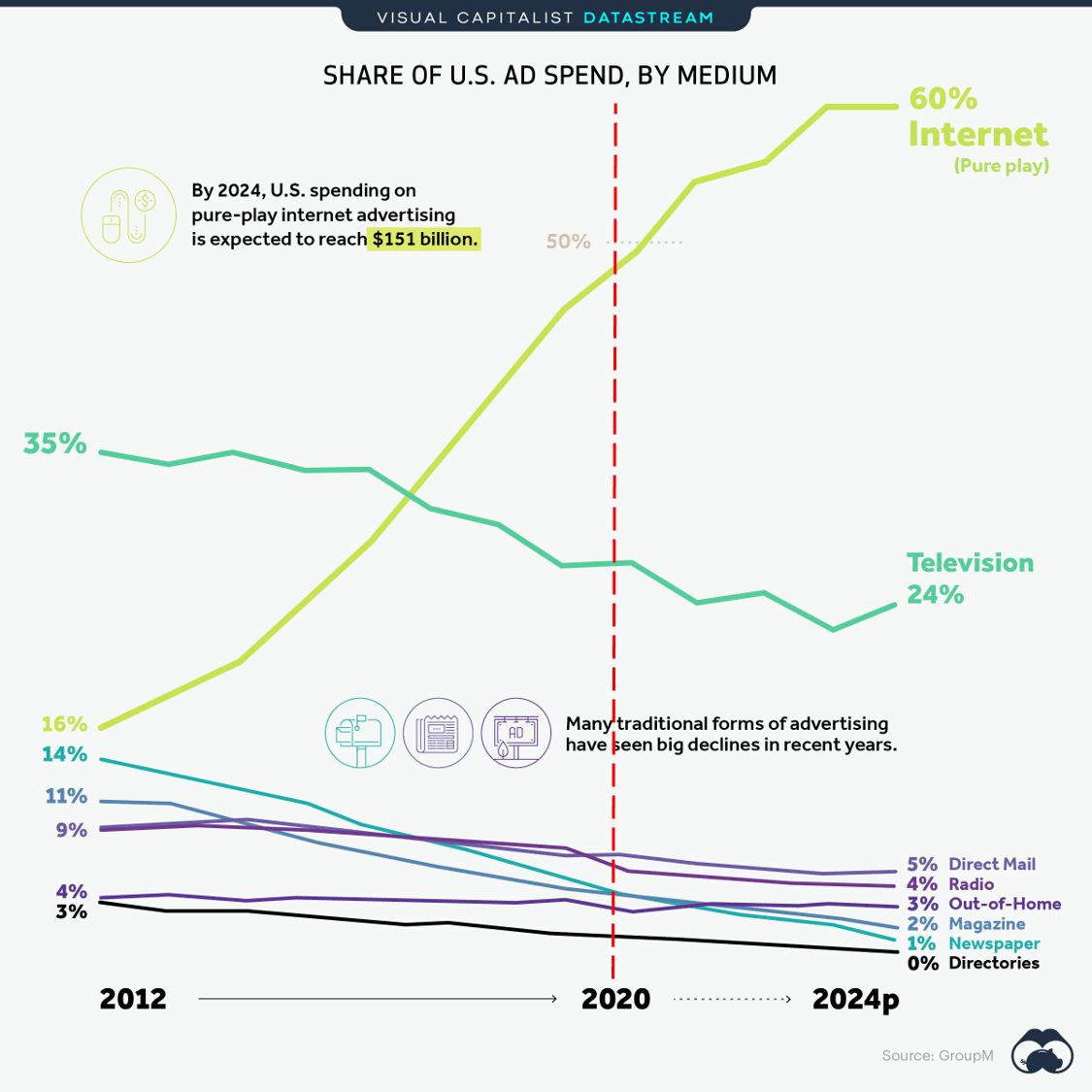
Welcome to another edition of Throwback Thursday, as another tumultuous year winds down. Christmas music is back on the radio and will be heard in force in just a matter of a few days. And we’re finally on the backside of another difficult election in the U.S., an event that has angered and divided many of us – yet again.
So today’s “blast from the past” may have a bit of a “Ground Hog Day” feel to it. The post was first published exactly four years ago in November 0f 2020. The uncertainty of COVID continued to rage, the bitter election was over (but still undecided), and many were concerned about the condition of the broadcast radio industry in the coming year.
The more things change….
Digging back into the JacoBLOG archives is always a bit nostalgic and often bittersweet. I’ll come across posts that clearly take me back to a moment in time – like this one did. Others are more like listening to old airchecks – often more than a little cringeworthy.
This one is interesting because it features one of those down-the-road predictions of where radio would be today! GroupM made the call, as you’ll read below. Sadly for radio, they’ve turned out to be more right than wrong.
Has radio leadership in commercial, pubic, and Christian radio made prescient and proactive calls in these past four years…or have they mostly sat on the sidelines, watching the game play out in front of them? Have they called innovative and forward-thinking plays to gain a strategic edge…or have they played the same game they usually play? Have they invested in better talent, coaching, and management…or have they burdened their veterans with more responsibilities and less resources with which to work?
I hope today’s blog provides some perspective four years after its “born on date.” We could all use a little clarity right about now. – FJ
November 2020
Whether you’re a fan of hockey or not, chances are you’ve heard the famous Wayne Gretzky quote, apparently advice from his father, Walter:
“I skate to where the puck is going to be. Not where it has been.”
Of course, that speaks to vision and instinct – traits the “Great One” had in abundance.
Most of us aren’t so lucky…or as talented.
We have to rely on our companies, our teams, our consultants, and our research. And no company or organization – especially in radio – can claim to have the answers. It has nothing to do with size and scale – although they are both helpful attributes. Even smaller enterprises can get ahead of the curve under the right conditions.
But too often, we end up “chasing the puck.” That can be exhausting, and odds are that even when you get there, everyone else has shown up, too. Or the puck has already moved somewhere else. As a lifetime resident of “Hockeytown,” I totally get the comfort and safety of following the trends, rather than staying ahead of them.
Sometimes, businesses get caught up in wishing the future away – where the puck is going to be. Over the years, many radio broadcasters have simply tried to hope digital away.
By now, we’ve heard all the excuses for not moving quickly or boldly:
“We’re radio. We’ll always be around – after all, we’ve been here for a century.”
“We can’t monetize digital anyway.”
“They predicted our demise when television was invented, and here we are.”
“Digital, schmigital. More than 90% of Americans still listen to us every week.”
Some of these tropes or memes can bring you comfort or allow you to get a decent night’s sleep. But they are simply rationales that cloud our thinking, preventing us from making the necessary moves and clear-eyed decisions.
Sometimes, it’s hard to know where “the puck is going to be.” In America, right now, there are as many questions as there are answers, whether we’re talking about the coronavirus, the economy, race relations, or the state of our democracy. Even the most knowledgeable and opinionated among us are unsure – as well they should be.
But in the world of broadcast radio, we’ve known where the puck was going to be – for many years now.
Smartphones, apps, smart speakers, personalization, on-demand, and customization. Not necessarily in that order.
How do we know this? The data has been telling us this for a long time. Our Techsurveys , in particular, have been telling, especially because our  sample since 2004 has been core radio fans, P1s, those who drink the radio Kool-Aid. Monitoring their behaviors and trend lines these many years tells you everything you need to know about “puck movement.”
sample since 2004 has been core radio fans, P1s, those who drink the radio Kool-Aid. Monitoring their behaviors and trend lines these many years tells you everything you need to know about “puck movement.”
We’ve been in the position of convincing and cajoling broadcasters about this “puck movement” for a couple decades. And along the way, we’ve faced headwinds, speed bumps, resistance, and even questions about our loyalty to radio. Trust me – I’ve got the scars to prove it, especially from those who were – and still are – “digital deniers.”
But it has never been about supporting “radio…or else.” The focus has always been on the proactive steps radio has needed to take to not only stay in the game, but to remain on top.
Because while the digital revolution has involved investment in gadgets and technology, it has also been focused on software – the product, the content. For radio, success in either the analog or digital arenas has always been about the power and engagement from personalities, having a local presence, being a part of people’s lives, and building great brands.
Developing an app or a smart speaker skill won’t get it done if you have no on-air talent worth listening to or it’s not apparent whether you’re broadcasting from Dubuque, Detroit, or Daytona Beach.
And as they say in the corporate conference rooms, at the end of the day, it’s about the numbers on the scoreboard. In this case, the bottom line.
A recent story in Visual Capitalist by Carmen Ang goes right to the point: “The Majority of Advertising Dollars Are Now Being Spent Online.”
Thanks to the analysts at GroupM, the world’s largest media investment company, the chart below shows us the trending data on ad spent by platform going back to 2012. And then predict where “the puck” might be four years from now. For radio – and most other traditional media – their forecasts aren’t very comforting.

I made an addition to this chart – the thin red dotted line. It signifies the score of the game, right now today.
For radio, this is where the puck is right now.
And while the industry has been able to made do with an 8-9% share of media ad spend, getting that cut in half in the projected four years is not a joyful prospect.
This year has been off the charts, thanks to COVID. And before all is said and done, we may actually see something that looks like the beginnings of a recovery in Q4. Whether that’s real or the “false positive” of this hyper-intensive political environment is a question I’ll leave to the analysts.
 But let’s turn our attention to the future. If GroupM’s prognostications are correct – at least within the margin of error – for its projections about “the puck” in just four short years, it’s a topic that should be dominating strategic discussions, at both the corporate and local levels.
But let’s turn our attention to the future. If GroupM’s prognostications are correct – at least within the margin of error – for its projections about “the puck” in just four short years, it’s a topic that should be dominating strategic discussions, at both the corporate and local levels.
Whether your company leaders report to shareholders, Wall Street analysts, board members, angel investors, or to each other, they should be doing more than chasing the puck around the ice.
Up until 2020, the data is the data. So, let’s not debate that.
What happens next year or three is still a question mark. No one knows how it’s all going to end up. That’s why we play the game.
But we do know this – thanks to the pandemic, a tectonic shift is taking place – in our personal and professional lives, in our cities, in our media habits, in the way we entertain and inform ourselves.
We can look at COVID as unpredictable or even unfortunate – and of course, it is both of those. Or we can also see it as the true game-changer that it is.
We’re experiencing the “re-set” of our lifetimes. And that means it’s all up for grabs.
Nothing is inevitable. Not anymore. Consumer habits and brand loyalties are changing. People are doing things they’d never dreamed of doing.
While I very much believe in research – whether it’s perceptual studies or exit polls – they are tools that do a much better job of telling us what just happened – rather than what will happen in the future.

Photo: Mike Powell /Allsport [PNG Merlin Archive]
My advice to you is to print out GroupM’s chart, and keep it front and center in your thoughts – especially if you’re working on next year’s budgets. It can serve as a reminder about what some very smart people think the future will look like. But remember, that doesn’t make it so.
Will the radio broadcasting industry lean into this moment?
Will it hold back and take a “wait and see” attitude? Will it wait to see where the puck has moved?
I know what Wayne Gretzky would say.
Lace ’em up.
Originally published by Jacobs Media







